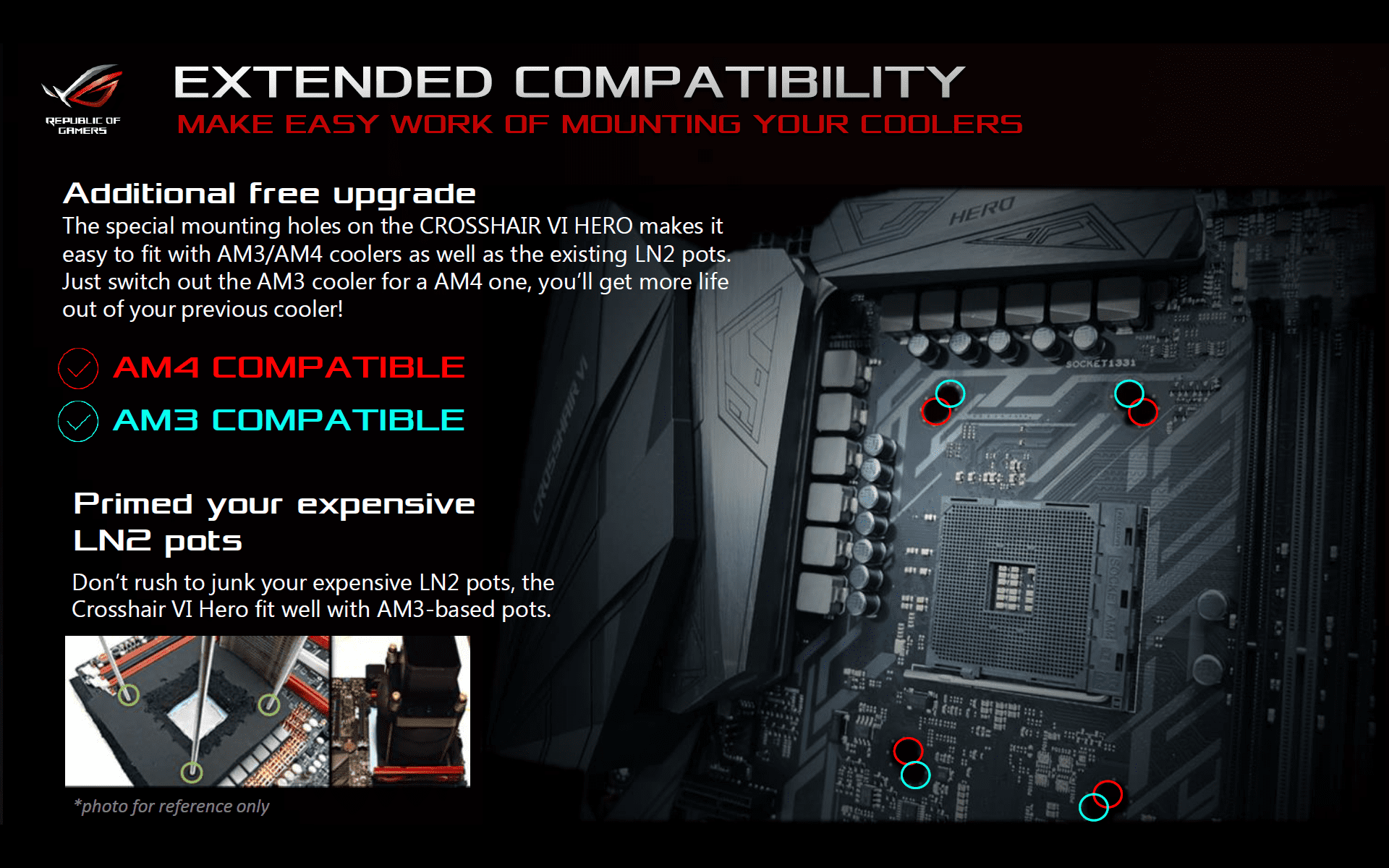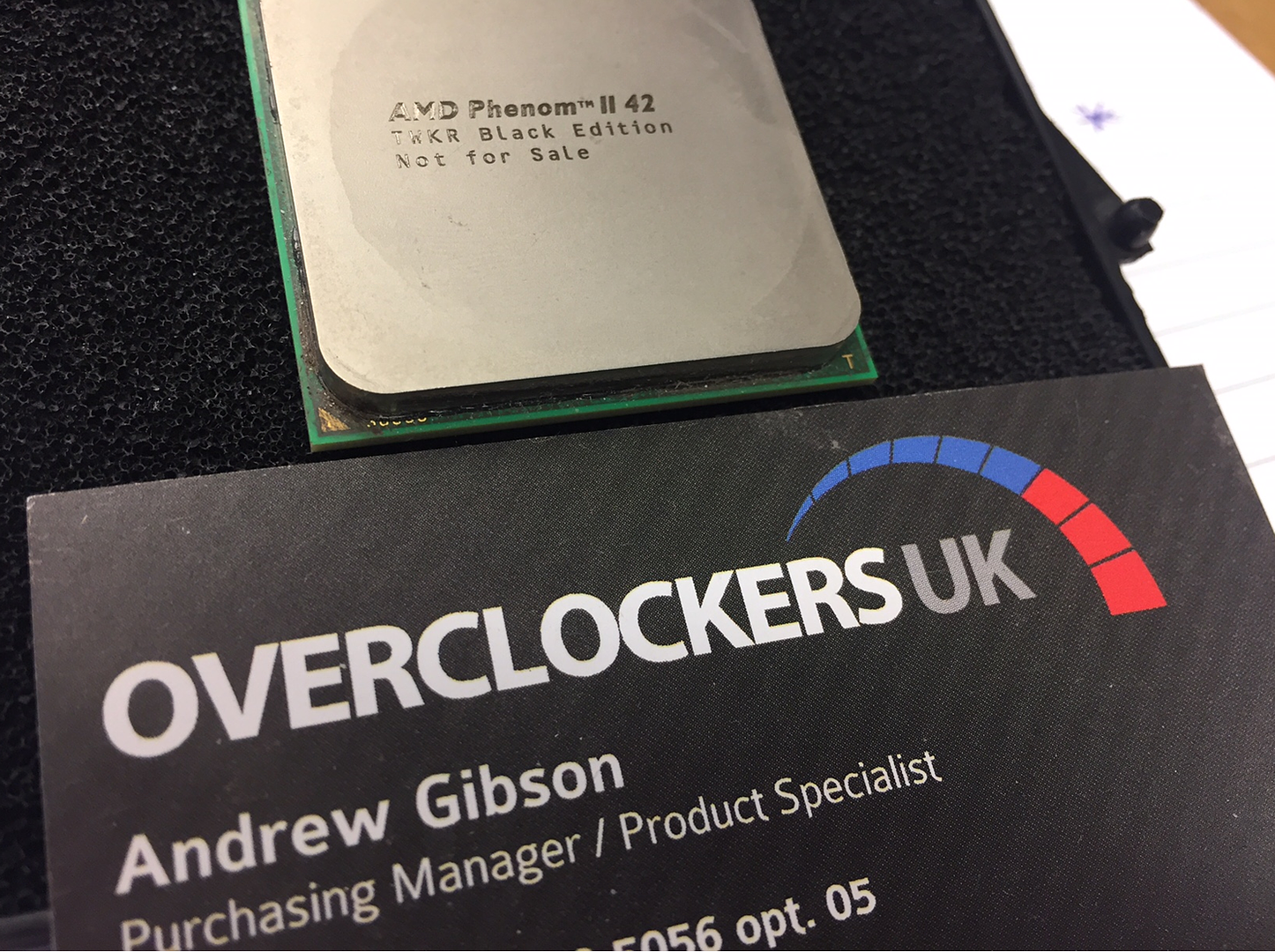When you look at pricing over the years. Way back when Intel tried insane pricing on the Q6xxx chips, the Q6600 which most people knew as epic value, launched at something like $850, consumers said **** *** Intel and within like 3 or 4 months that chip was $250 or so which at the time was like £170. This is what happens when consumers actually use their purchasing power. Costs for Intel did not drop by 2/3rds in the space of 3 months, literally zero chance of that. That was Intel trying to take the micky and being told by the consumer quite literally go **** yourself. It would be great if consumers actually realised they had this power, always had this power and started using this power.
£170 super fast single cores, these were replaced on a new node by £170 dual cores, then they were replaced with faster dual cores at the same price, then we got quad cores, again at the same prices, then we got faster quads at about the same price, even cheaper. I got a 2500k I'm fairly sure for £135, though I think that was maybe about peak pound power so probably similar real cost to the Q6600. Then we got, not much faster quads... for a noticeably higher cost... when did that happen, and why, and why didn't consumers just say no to it? THe Q6600 was actually a genuinely great chip and a large performance bump from previous chips but the cost was so bad consumers said no, but a few years later we get 5-10% bump 3rd or 4th gen quads with which the cost went up loads and consumers didn't say no.
Now we are literally back to £180 dual cores from Intel.... and the consumer still kept saying yes, kept making excuses. There is no competition, competition doesn't set prices, consumer does. Again there was a time that a genuinely next gen, much faster, quad core chip was $800 and the consumer forced it to $250 after a few months of bad sales because the price was too high. Now somehow dual cores have gone from the what £30-100 bracket they used to occupy, to £180 from Intel and the consumer just accepted it.
I'm fairly sure what actually was said is that it's AT LEAST 52% faster. Basically if you compare Zen to Excavator, the absolute slower it is, is 52% faster clock for clock, it's seemingly up to 78% faster in one benchmark, though I forget which benchmark.









